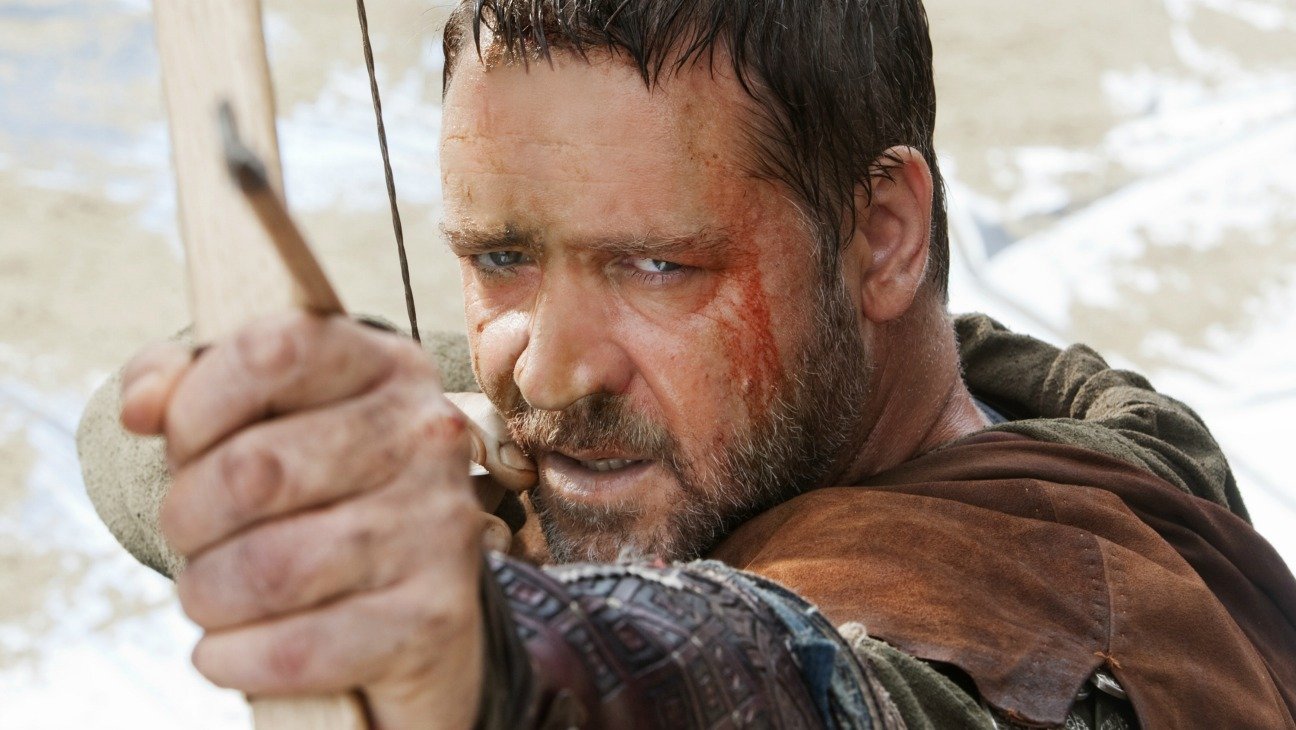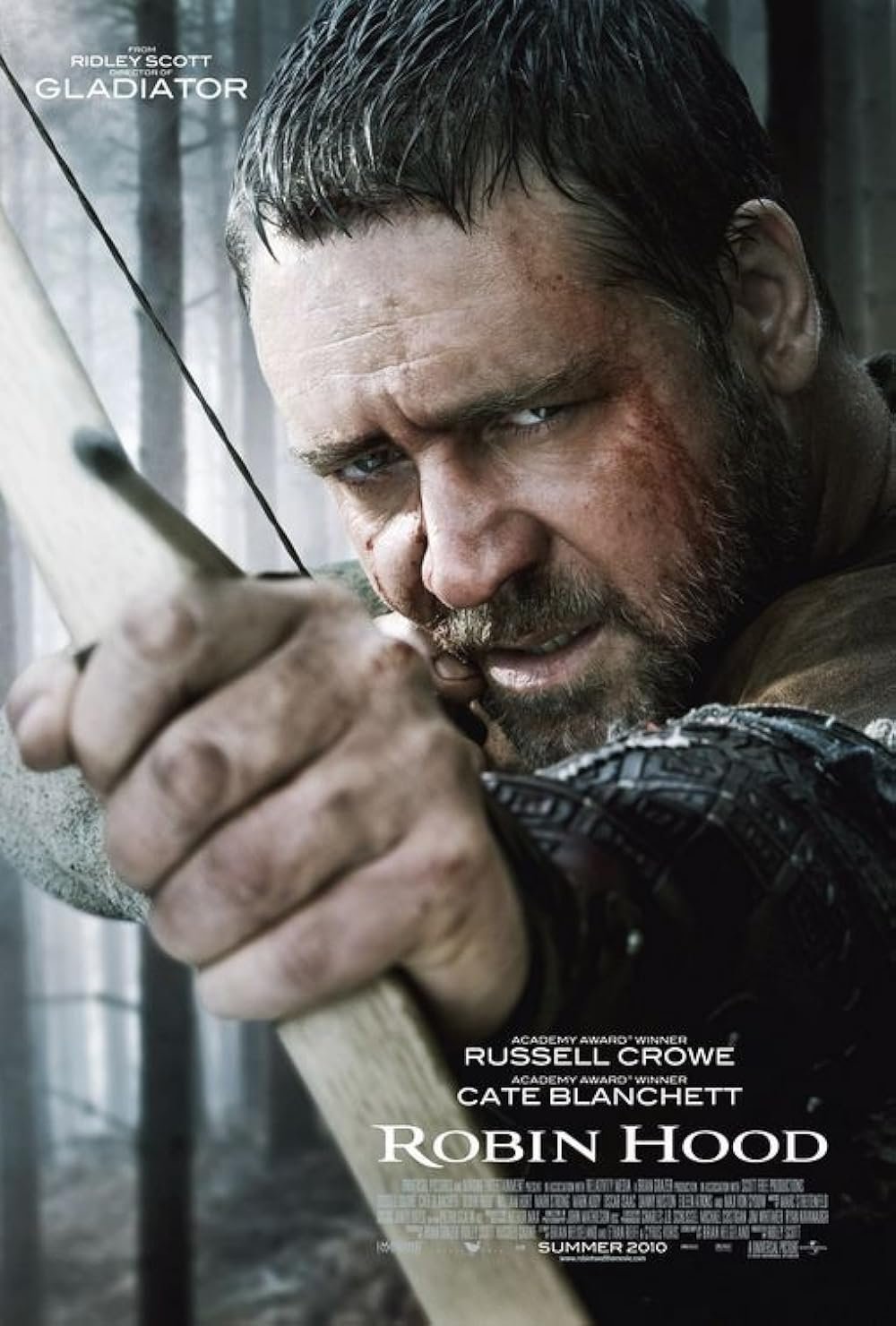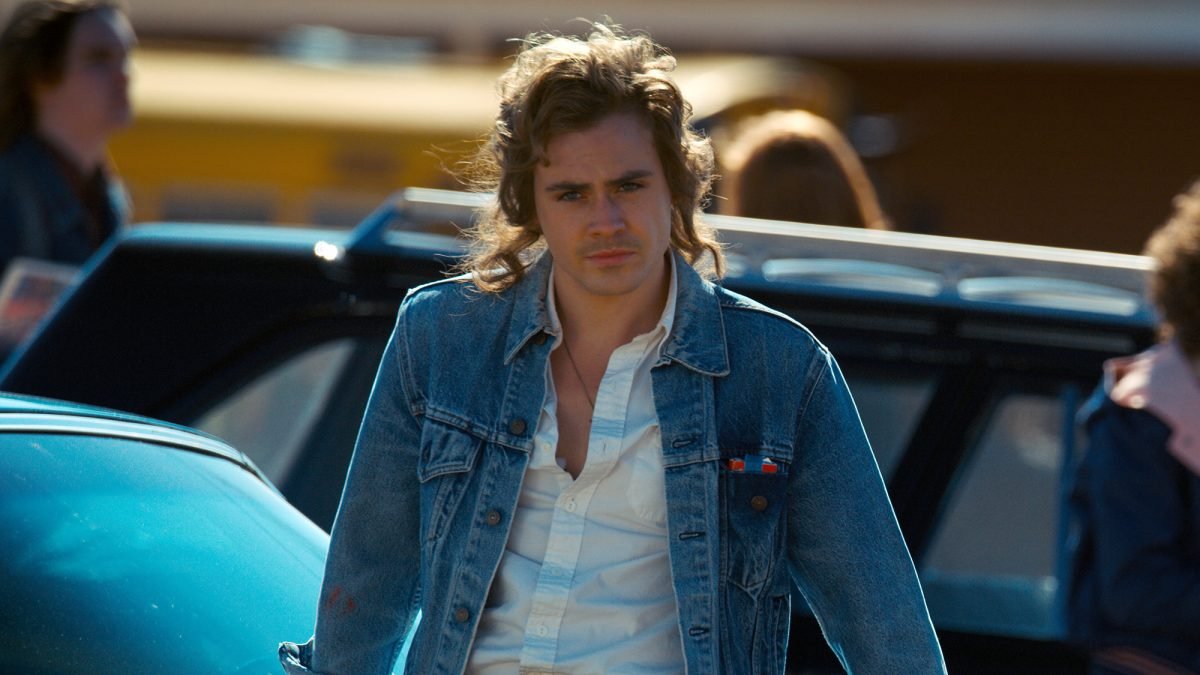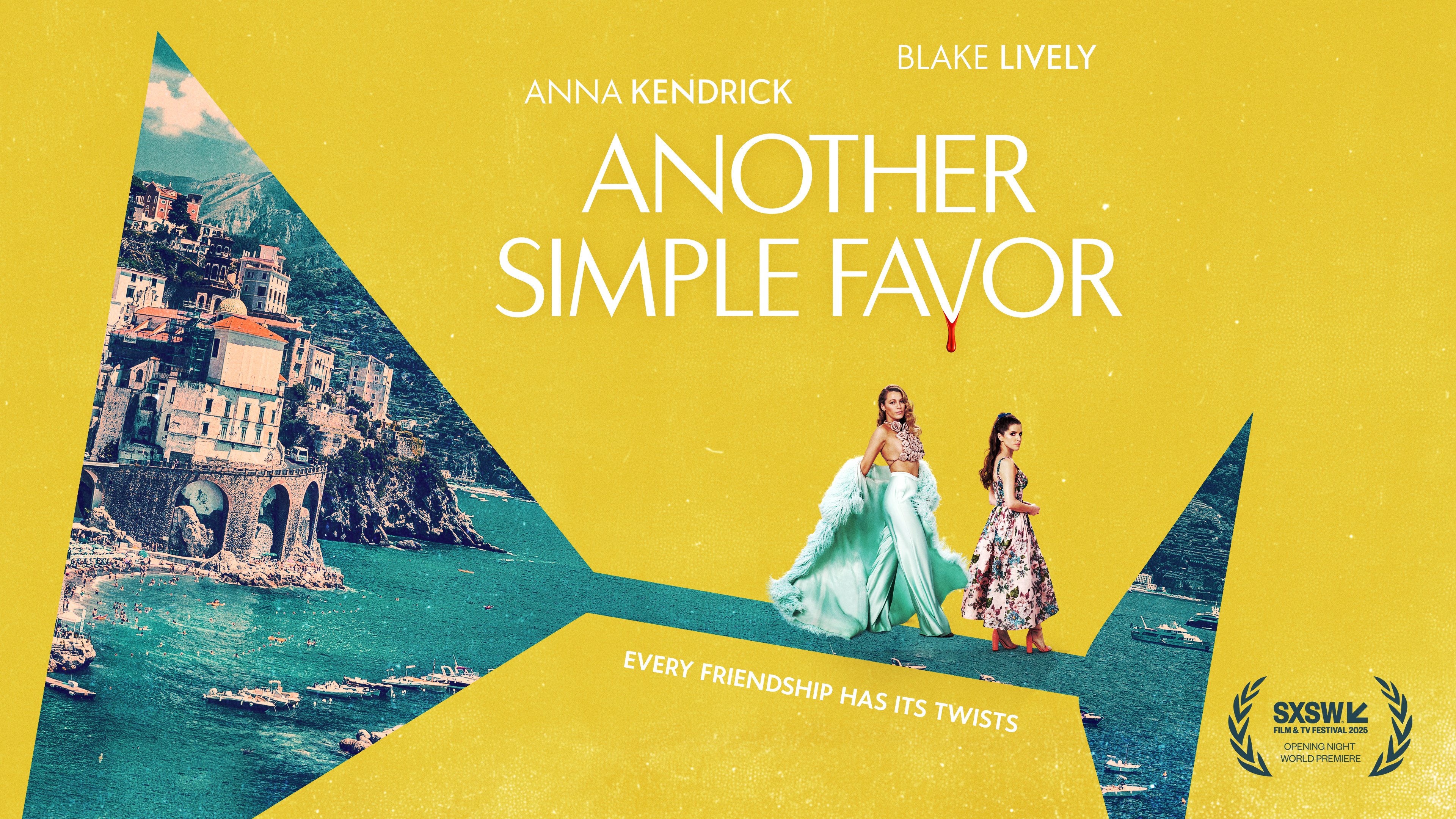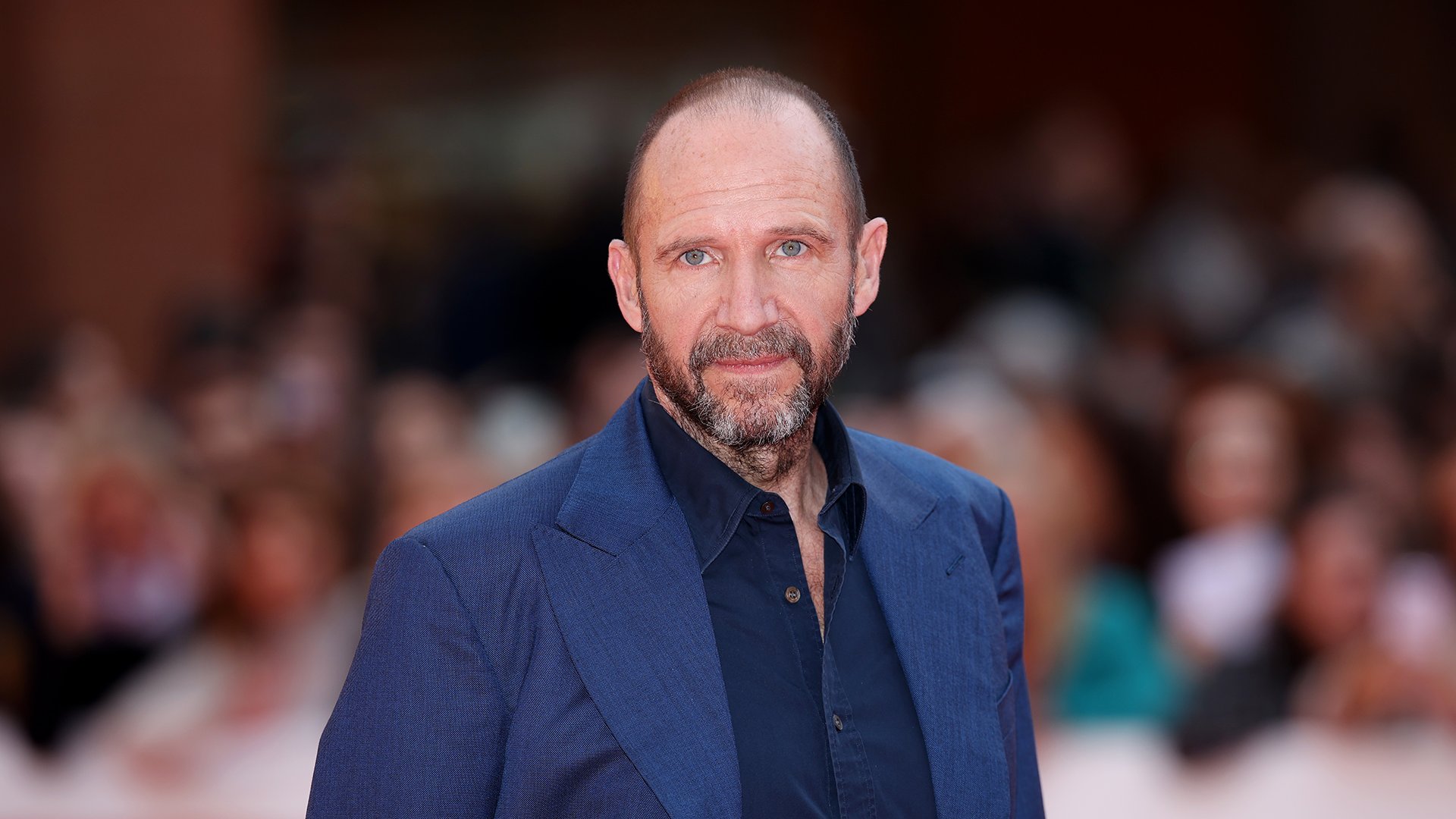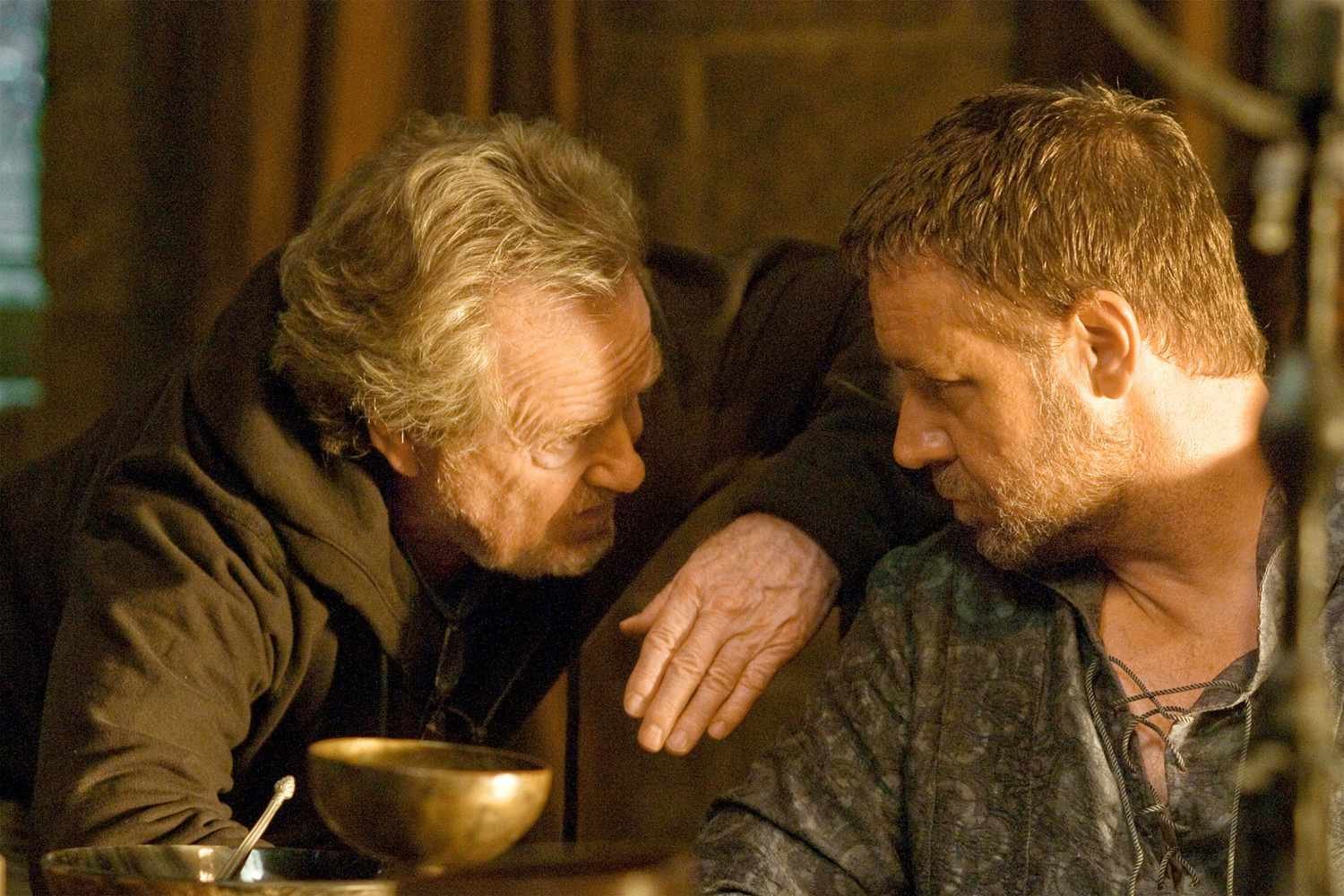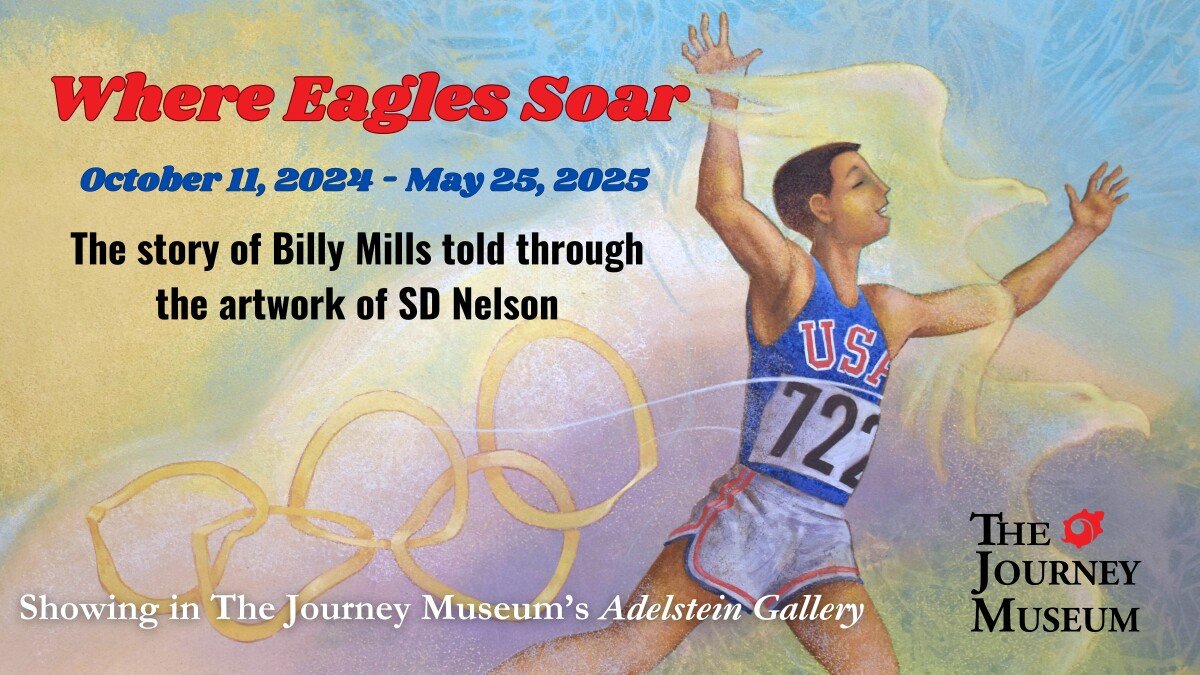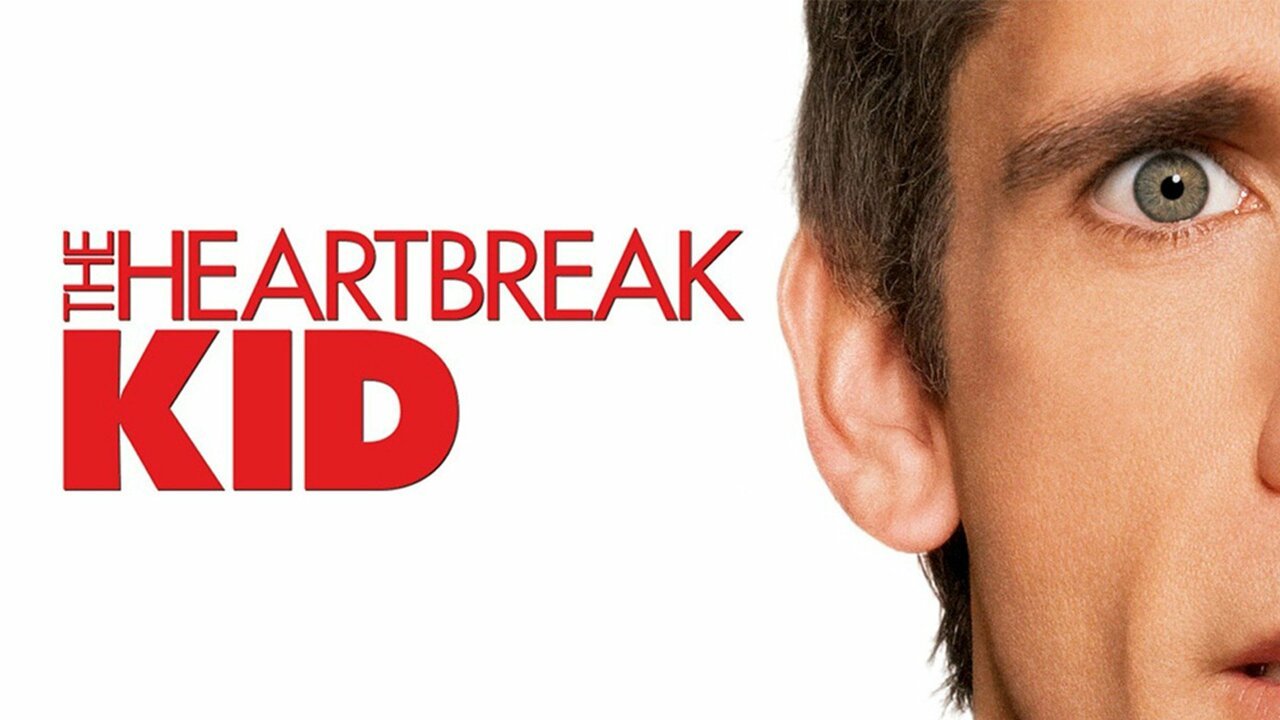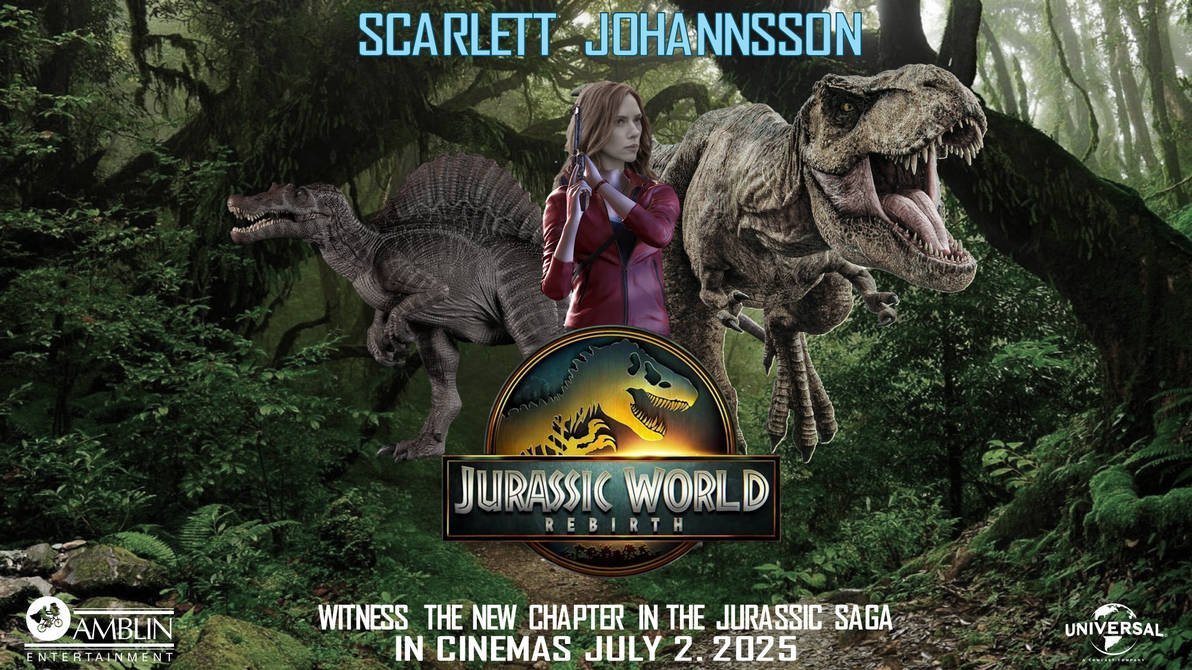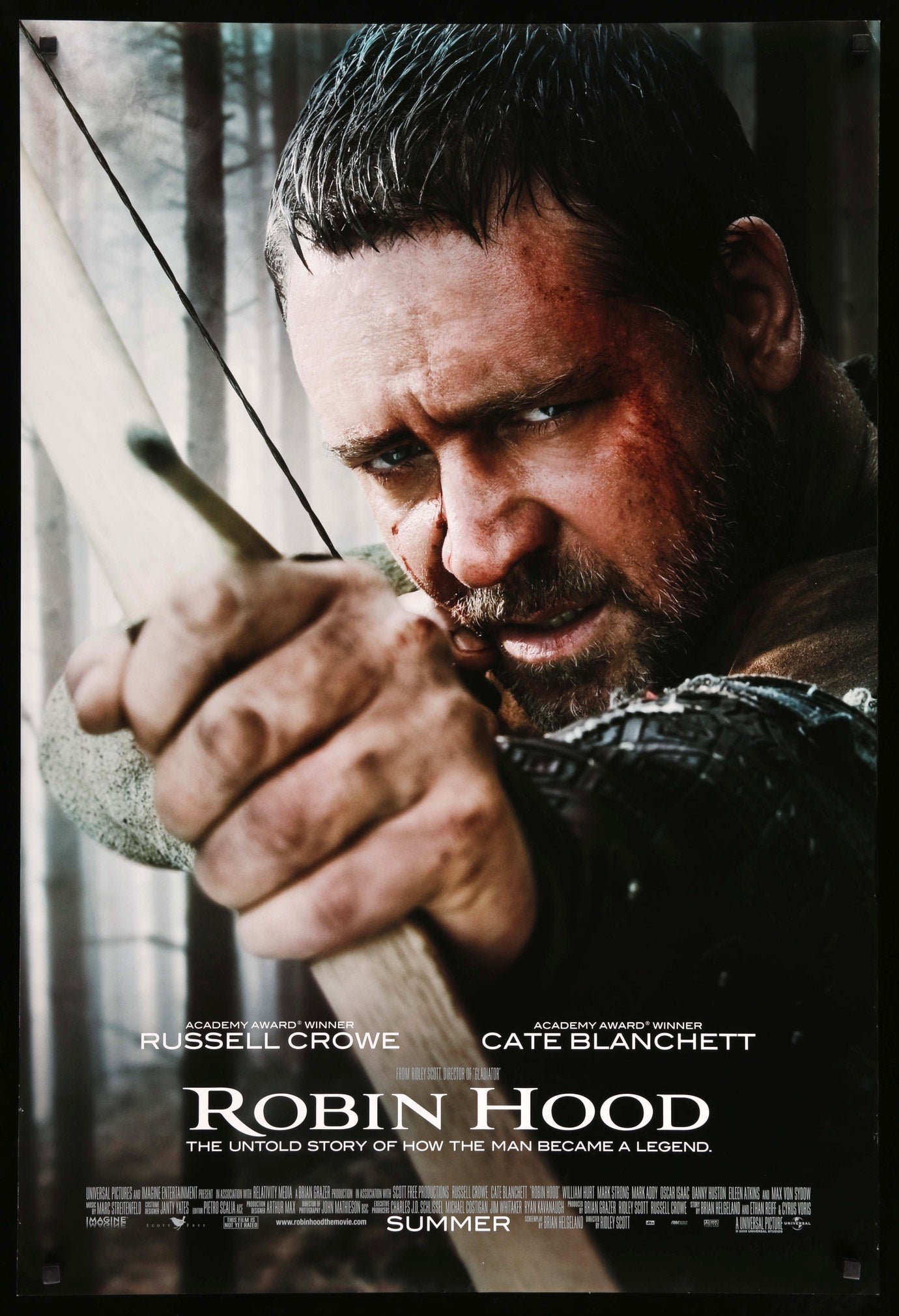Russell Crowe is one of the most recognizable actors of his generation, known for roles in critical hits and ambitious blockbusters. Robin Hood (2010), directed by Ridley Scott, was pitched as a gritty new take on the classic story and was meant to capture some of the magic that Crowe and Scott brought to Gladiator. Despite a rocky start with critics and box office doubts, Robin Hood is suddenly back in the spotlight after a surge in streaming popularity on Max (formerly HBO Max). This surprising comeback shows the film finding a new audience and renewed interest nearly 15 years after its premiere.
The movie, released on May 12, 2010, was produced with a massive $200 million budget, setting high expectations. While Crowe’s portrayal of Robin Hood didn’t initially impress everyone, the film’s performance today suggests a re-evaluation is underway. The storylines behind its creation, release, reception, and legacy offer a window into both Crowe’s and Scott’s careers, and why the movie is being rediscovered.
Robin Hood Climbs Streaming Charts on Max
Robin Hood (2010) has seen a big jump in viewership on Max, collecting 373 points on FlixPatrol’s month-to-date charts. The movie cracked the top 10 streaming films on Max for two weeks straight, which is impressive given its age and initial reception.
The movie’s success on streaming platforms like Max is proof that certain films gain popularity long after leaving the cinema. Streaming has allowed older movies to find new life, as users rewatch them or discover them for the first time. This new phase in Robin Hood’s journey puts it in front of millions who weren’t part of its original audience.
Max has benefited from big-name actors and familiar stories driving traffic to the service. Titles with recognizable leads like Russell Crowe tend to perform well, and the Robin Hood legend continues to attract interest. The gritty tone and epic battles in this version resonate with fans of Scott’s other works.
This return to popularity suggests that even movies considered disappointments at release can get a second chance in the streaming era. New data from FlixPatrol shows audience tastes evolving, with viewers embracing films outside current trends, helping Robin Hood climb the ranks years after its original debut.
Mixed Reception and Rotten Tomatoes Score
Upon release, Robin Hood (2010) drew sharp criticism from many reviewers. The film debuted to a 43% “rotten” score on Rotten Tomatoes, a clear sign it divided audiences and critics. The Rotten Tomatoes consensus blamed the story for lacking excitement and said it was too serious compared to other adaptations.
Crowe’s performance was praised by some, but the film overall faced complaints about its dour tone and length. Some fans liked the realistic, historical approach brought by Ridley Scott, while others felt it took all the fun out of the Robin Hood legend. The movie’s 140-minute runtime may have contributed to criticisms about pacing and uneven storytelling.
The consensus on Rotten Tomatoes reads: “Ridley Scott’s plodding, joyless take on the Robin Hood legend drains the life out of the beloved outlaw and fails to justify yet another retelling.”Still, some reviewers noted the technical achievements and impressive sets, cinematography, and action set pieces.
Even though reviews were mixed to negative, some viewers felt the film was unfairly judged compared to expectations around previous collaborations like Gladiator. The performance gap between critics and eventual audience reception shows how reputation can slowly shift over time, especially as new viewers discover older titles without the hype or preconceptions from a theatrical release.
Box Office Performance and Financial Impact
Robin Hood was a major production for Universal, costing at least $200 million before marketing. Globally, it grossed in the area of $320 million, which was disappointing when compared to financial expectations. Typically, a movie of this size needs to generate around twice its production budget to break even after marketing and distribution costs.
The underperformance at the box office hurt the film’s reputation early. With such a large investment and a high-profile cast and director, Universal hoped for a stronger return. Despite solid international numbers, Robin Hood failed to become a true blockbuster or franchise-starter, limiting plans for sequels that studios often aim for with tentpole releases.
Robin Hood did open at the 2010 Cannes Film Festival, but middling reviews out of the gate added to box office pressure. Critical reaction can shape early momentum, and this hampered its run in theaters. The timing of the film, coming after similar gritty reboots like The Dark Knight, may also have contributed to audience fatigue for dark and serious retellings of classic tales.
Also Read
Dacre Montgomery Sets Sights on The Engagement Party With Major Star Power
Financially, Robin Hood serves as a reminder that even star-driven vehicles aren’t guaranteed hits. The shortfall compared to internal targets led to a reassessment of future projects for both Crowe and Scott, making it a turning point in both their careers. Over time, though, streaming numbers have started changing the narrative about its overall success.
The Last Big Collaboration Between Crowe and Ridley Scott
Robin Hood marked the fifth and most recent major partnership between Russell Crowe and Ridley Scott. Their films together, starting with Gladiator in 2000, played key roles in shaping both their profiles in the early 21st century. Robin Hood was widely seen as trying to recapture their Gladiator magic – both period pieces with epic battles and moral questions.
While Scott and Crowe have made several films together, Robin Hood stands out because it was intended to be the start of a big franchise. Instead, after its release, future collaborations turned away from epic action and toward more diverse genres. Since 2010, they’ve not teamed up again for a tentpole film at this scale.
The pair’s chemistry and past triumphs set high expectations. The creative partnership between the two was a selling point for Robin Hood and generated enormous buzz before the movie opened. American Gangster, Body of Lies, and A Good Year all offered different sides of Crowe under Scott’s direction, but Robin Hood’s mixed fortunes led both to new directions in their careers.
Also Read
Ms. Marvel and The Last of Us Stars Join Forces for AI Sci-Fi Horror Othermor
Ridley Scott’s later projects moved in other stylistic and thematic directions, while Crowe pursued a variety of roles, rarely returning to major blockbusters as sole lead. The end of their run with Robin Hood marked a shift in both their filmographies and the end of an era in big-budget historical adventure filmmaking.
Crowe’s Projects After Robin Hood
After Robin Hood, Russell Crowe did not headline any large-scale action-adventures for a major studio. He pivoted to supporting roles and smaller lead projects. Notable after Robin Hood was his appearance as Jor-El in Zack Snyder’s Man of Steel (2013), which cast him in a key but supporting part of the Superman lore.
Crowe also starred in Noah (2014) for Darren Aronofsky, a biblical epic with a sizable budget but a clear departure from the traditional tentpole formula. Although Noah performed well, it wasn’t positioned as a franchise-starter in the way Robin Hood had been hoped to be.
Other recent roles have included more character-focused and lower-budget movies. Crowe played the lead in thrillers and dramas like Unhinged and The Pope’s Exorcist, both considered B-movies compared to his past epics. Despite not being grand blockbusters, these films allowed him to explore darker and quirkier performances, resonating with longtime fans.
Also Read
Ralph Fiennes Steals the Spotlight in New 28 Years Later Image
Robin Hood marked a turning point that saw Crowe gradually move away from being the centerpiece of Hollywood’s biggest action adventures. His diversified choices reflect a broader range of interests moving forward, rather than a repeat of earlier roles.
A Look Back at Crowe and Scott’s Film Partnership
The creative partnership between Russell Crowe and Ridley Scott is an important chapter in modern cinema. Their first film together, Gladiator (2000), won Crowe the Academy Award for Best Actor and turned Scott into one of the most bankable directors for large-scale productions.
After Gladiator, the duo blended genres and narratives in several films. American Gangster (2007) explored themes of power and morality in 1970s New York’s underworld, with Crowe sharing the spotlight with Denzel Washington. Body of Lies (2008), starred Crowe alongside Leonardo DiCaprio, offering a political thriller set in the world of Middle Eastern espionage.
In A Good Year (2006), Crowe and Scott tackled a romantic drama in Provence, showing their willingness to stretch outside intense epics. Still, Gladiator remained the benchmark for their success together, a bar that Robin Hood ultimately failed to match but still left its own mark.
Also Read
Alan Ritchson’s Action Thriller ‘Runner’ Faces Setback After Dan Spilo Fired
Their run of projects together demonstrated a versatility in genre and tone, ranging from action epics to meditative romance, to crime sagas. The creative trust and mutual respect between Scott and Crowe brought out unique aspects in each project, but Robin Hood, as their last blockbuster collaboration, stands as a symbol of how hard it can be to recapture lightning in a bottle.
Recent Roles in Superhero Movies
Since Robin Hood, Russell Crowe has become a regular face in superhero movies, which make up a huge share of Hollywood’s modern tentpoles. He joined the Marvel Cinematic Universe in Thor: Love and Thunder (2022) as the god Zeus, but only in a memorable extended cameo, not a starring role.
Before that, he played Superman’s father, Jor-El, in Zack Snyder’s Man of Steel (2013). This role put him at the heart of a blockbuster franchise, but in a supporting, not leading capacity. The recurring pattern has seen Crowe used primarily for gravitas and dramatic force, rather than as the centerpiece action star he was in earlier years.
Crowe recently appeared in Sony’s Kraven the Hunter (2024), a superhero film that drew little enthusiasm and is now remembered as the final entry in Sony’s troubled Spider-Man spin-off universe. These movies have provided Crowe with steady work but have not been tentpole leads like his earlier action-adventure films.
Also Read
Ben Stiller’s 2007 Dark Comedy The Heartbreak Kid Surges on Netflix’s Global Charts
The shift towards supporting roles in these big budget universes shows how Crowe’s screen presence still carries weight. Studios often look for established actors to bolster comic book worlds, and Crowe’s gravitas fits these roles perfectly, even if they are brief or secondary to the younger stars headlining the projects.
Crowe’s Upcoming Role in Nuremberg
Russell Crowe’s next major appearance is in Nuremberg, a period drama centered around the aftermath of World War II. He will play Hermann Göring, a key Nazi leader, in a film expected to generate strong reactions and awards discussions.
The movie is led by Rami Malek and is poised to explore the Nuremberg trials, a historical event that has long fascinated filmmakers. This project represents a departure from franchise films and action blockbusters, returning to historical drama and character-driven storytelling.
Crowe has shown a preference for complex, challenging roles in recent years, and playing Hermann Göring marks perhaps his most controversial part yet. For an actor known for heroic and strong-willed characters, taking on an infamous historical villain signals a bold move in his career.
Also Read
Jurassic World Rebirth Sequel Hopes and Franchise Future Discussed by Edwards and Marshall
The anticipation for Nuremberg is high given its subject matter and cast. This role could highlight another evolution in Crowe’s acting style, as he explores darker and more morally complex territory in the hands of a strong ensemble cast and director.
Legacy of Robin Hood in Crowe’s Career
Robin Hood’s place in Russell Crowe’s career is complicated. Initially seen as a disappointment, it is now enjoying new popularity and sparking discussions about its merits. The mixed reviews, box office doubts, and lack of a franchise contrasted with the talent involved, but its current streaming success is changing perceptions.
In the larger picture, Robin Hood represents the end of Crowe’s era as a tentpole lead. It marked a transition into smaller, riskier projects and occasional supporting roles in bigger films. His willingness to shift directions instead of chasing blockbusters is now clearer, as is his interest in diverse stories and characters.
The renewed interest in Robin Hood on Max is a reminder that some movies only find their audience years later. Streaming platforms have made it possible for films to get a second chance, and Robin Hood is now being watched by millions who missed it in theaters or wrote it off early on.
This unexpected comeback adds another layer to Robin Hood’s legacy and cements its role in the amazing run Crowe and Ridley Scott had together. For fans, it’s a reason to revisit the movie and reconsider how it fits in with Crowe’s most influential work.
